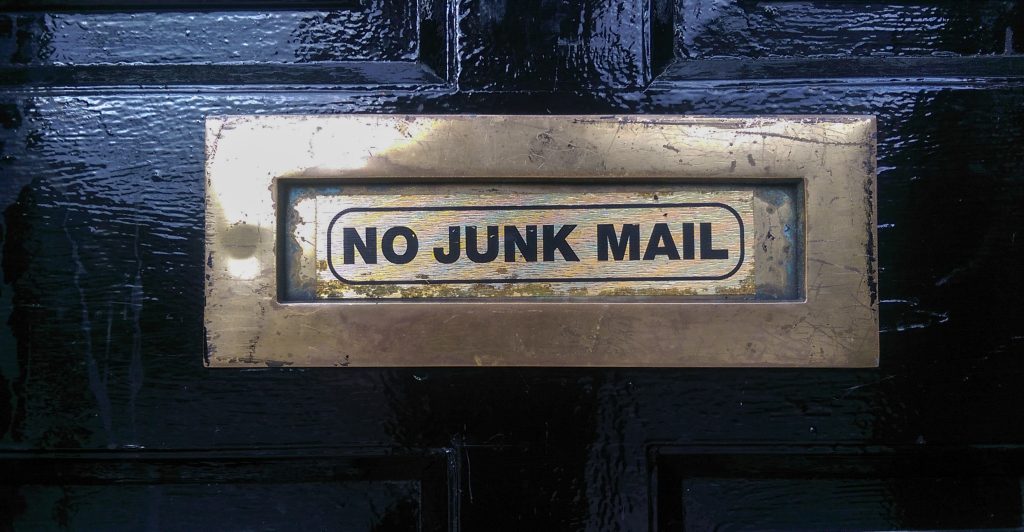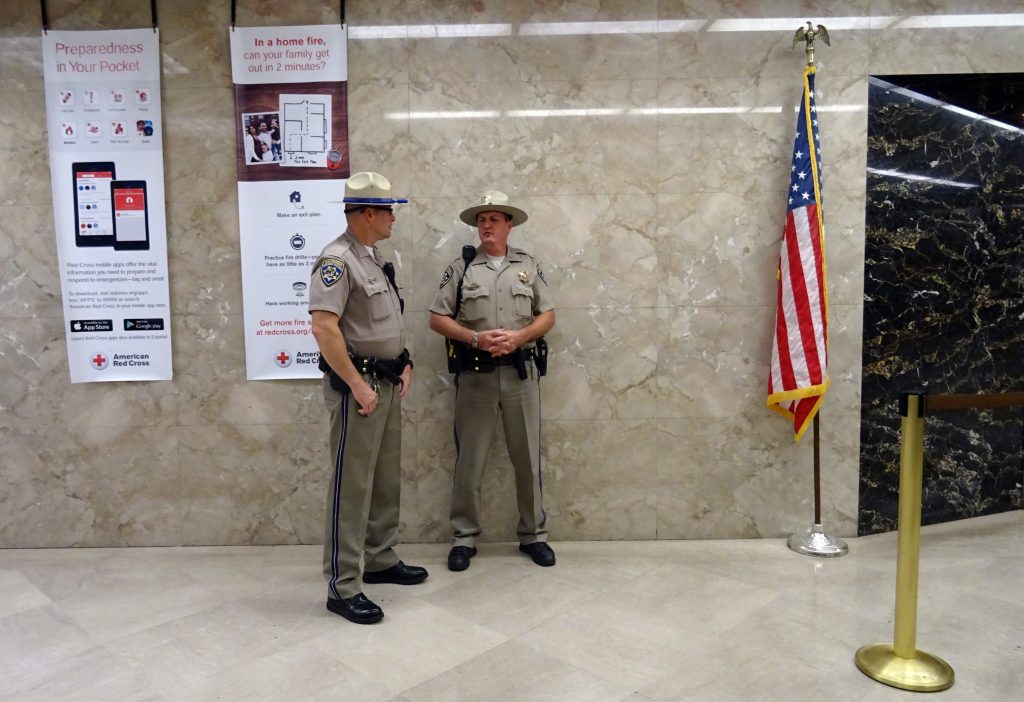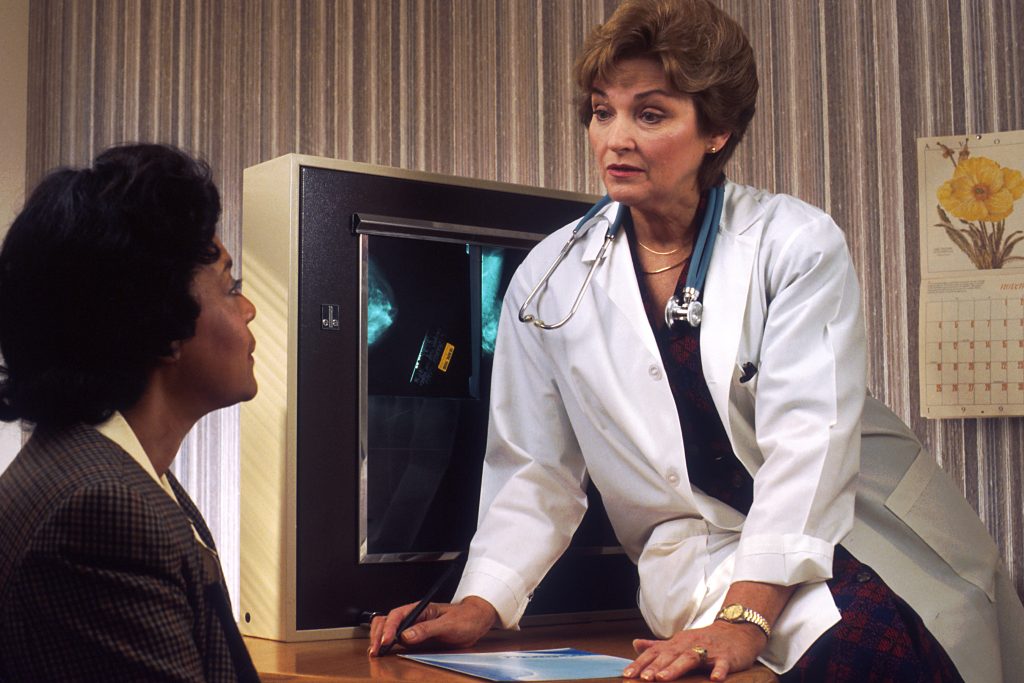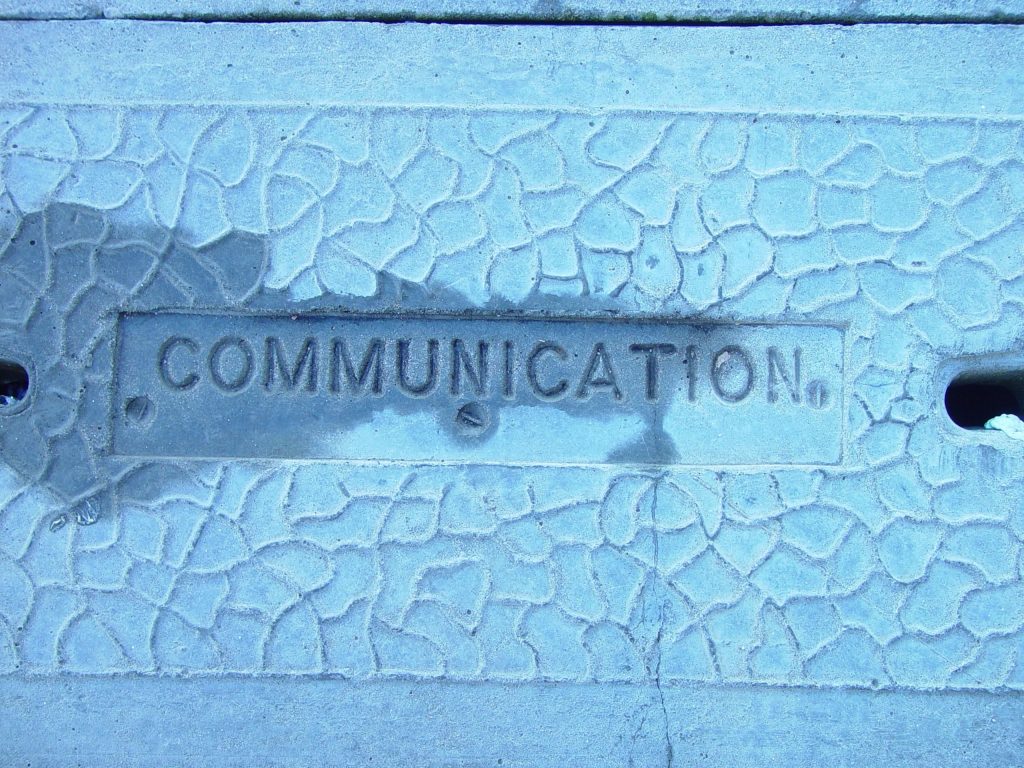 Workplaces have rules employees must follow. Termination for violation of these rules must be in good faith. What happens when an employee argues he was fired arbitrarily? The following case helps answer this question.
Workplaces have rules employees must follow. Termination for violation of these rules must be in good faith. What happens when an employee argues he was fired arbitrarily? The following case helps answer this question.
Nolvey Stelly was terminated from the Lafayette Police Department (LPD) for failing to follow orders. An investigation was ordered, and Stelly was suspended for fifteen days. He appealed the suspension, which was affirmed. Stelly then appealed to the trial court, which also upheld his suspension. Before his fifteen-day suspension, Stelly was called to a pre-determination hearing, which he secretly recorded and invited news outlets to attend. The recording and the invitation violated the LPD’s rules on professionalism. A second investigation was then conducted. During the investigation, Stelly was placed on paid administrative leave with strict orders not to engage in off-duty employment. Stelly worked a second job during this time, which prompted a third investigation of his misconduct. Stelly was then terminated.
Stelly appealed his termination to the Lafayette Municipal Fire and Police Civil Service Board (Board), which upheld the previous decisions. The trial court also affirmed the decision, which Stelly appealed. Stelly argued the ruling was not in good faith, the penalty was unreasonable, his actions did not violate the LPD’s operating procedures, his actions did not affect his working duties, and his discipline was not on par with his alleged offenses.
 Louisiana Personal Injury Lawyer Blog
Louisiana Personal Injury Lawyer Blog


 We can all relate to the embarrassment of hitting “reply all” on an email only intended for a smaller audience. Although usually “replying all” just results in embarrassment that eventually subsides, sometimes it can lead to more severe actions, such as losing your job.
We can all relate to the embarrassment of hitting “reply all” on an email only intended for a smaller audience. Although usually “replying all” just results in embarrassment that eventually subsides, sometimes it can lead to more severe actions, such as losing your job.  When terminating employment in Louisiana, it is crucial to understand the laws governing the timely payment of owed wages. However, a question arises when an employee fails to explicitly state “discharged” or “resigned” in their petition. Kevion Dillon found herself in such a situation after experiencing harassment and discrimination that led her to resign from her position. Despite not using specific terminology, she sought to receive her final wages within the 15 days mandated by Louisiana law. This case sheds light on the importance of legal guidance to navigate the complexities of claiming unpaid wages and exercising one’s rights when facing employment challenges.
When terminating employment in Louisiana, it is crucial to understand the laws governing the timely payment of owed wages. However, a question arises when an employee fails to explicitly state “discharged” or “resigned” in their petition. Kevion Dillon found herself in such a situation after experiencing harassment and discrimination that led her to resign from her position. Despite not using specific terminology, she sought to receive her final wages within the 15 days mandated by Louisiana law. This case sheds light on the importance of legal guidance to navigate the complexities of claiming unpaid wages and exercising one’s rights when facing employment challenges. Domestic violence affects countless individuals, and while physical harm may be the most obvious form of abuse, technology has expanded the range of abuses victims endure. Filing for a protective order is one action victims can take to address domestic violence. This case delves into whether cyberstalking qualifies as domestic abuse to obtain a protective order, highlighting how the law adapts to address technological advancements and protect victims.
Domestic violence affects countless individuals, and while physical harm may be the most obvious form of abuse, technology has expanded the range of abuses victims endure. Filing for a protective order is one action victims can take to address domestic violence. This case delves into whether cyberstalking qualifies as domestic abuse to obtain a protective order, highlighting how the law adapts to address technological advancements and protect victims. The diverse range of viewpoints expressed at city council meetings often evokes mixed reactions from attendees. While some voices may test our patience, it is crucial to recognize that the First Amendment safeguards individuals’ freedom of speech during such gatherings. A case involving Tom Heaney’s experience at a Jefferson Parish city council meeting in Gretna, Louisiana, sheds light on the constitutional rights protected in these limited public forums. The subsequent legal proceedings provide valuable insights into the requirements for successfully pursuing a First Amendment claim related to alleged silencing in such settings.
The diverse range of viewpoints expressed at city council meetings often evokes mixed reactions from attendees. While some voices may test our patience, it is crucial to recognize that the First Amendment safeguards individuals’ freedom of speech during such gatherings. A case involving Tom Heaney’s experience at a Jefferson Parish city council meeting in Gretna, Louisiana, sheds light on the constitutional rights protected in these limited public forums. The subsequent legal proceedings provide valuable insights into the requirements for successfully pursuing a First Amendment claim related to alleged silencing in such settings. In an era where workplace equality and fairness have gained significant prominence, it is crucial to be aware of the robust safeguards provided by federal law.
In an era where workplace equality and fairness have gained significant prominence, it is crucial to be aware of the robust safeguards provided by federal law.  In the aftermath of a tragic situation, such as the death of a child, the last thing you might want to consider are insurance policies and legal requirements. However, it is essential to understand how courts determine whether an individual was covered by a specific insurance policy so that you know who might be liable for your losses. This is especially important when the accident involves a vehicle used both commercially and personally.
In the aftermath of a tragic situation, such as the death of a child, the last thing you might want to consider are insurance policies and legal requirements. However, it is essential to understand how courts determine whether an individual was covered by a specific insurance policy so that you know who might be liable for your losses. This is especially important when the accident involves a vehicle used both commercially and personally. 
 If you are injured as a longshoreman, you may be eligible for compensation under the Longshore and Harbor Workers’ Compensation Act (“LHWCA”). It is essential to understand what this statute covers, including when you can switch to a new doctor.
If you are injured as a longshoreman, you may be eligible for compensation under the Longshore and Harbor Workers’ Compensation Act (“LHWCA”). It is essential to understand what this statute covers, including when you can switch to a new doctor.  The old Disney adage from the original Bambi movie, “If you don’t have anything nice to say, don’t say anything at all,” is probably wise life advice. Still, when it comes to legal advice, any good attorney will tell you, “if you can’t establish the falsity of the claims said about you, then you likely don’t have a defamation claim.” Nevertheless, after some not-so-nice comments appeared in a local newspaper article detailing a Louisiana attorney’s alleged outburst outside a courtroom, he sued for defamation. Still, the courts were ultimately unconvinced by his arguments.
The old Disney adage from the original Bambi movie, “If you don’t have anything nice to say, don’t say anything at all,” is probably wise life advice. Still, when it comes to legal advice, any good attorney will tell you, “if you can’t establish the falsity of the claims said about you, then you likely don’t have a defamation claim.” Nevertheless, after some not-so-nice comments appeared in a local newspaper article detailing a Louisiana attorney’s alleged outburst outside a courtroom, he sued for defamation. Still, the courts were ultimately unconvinced by his arguments.